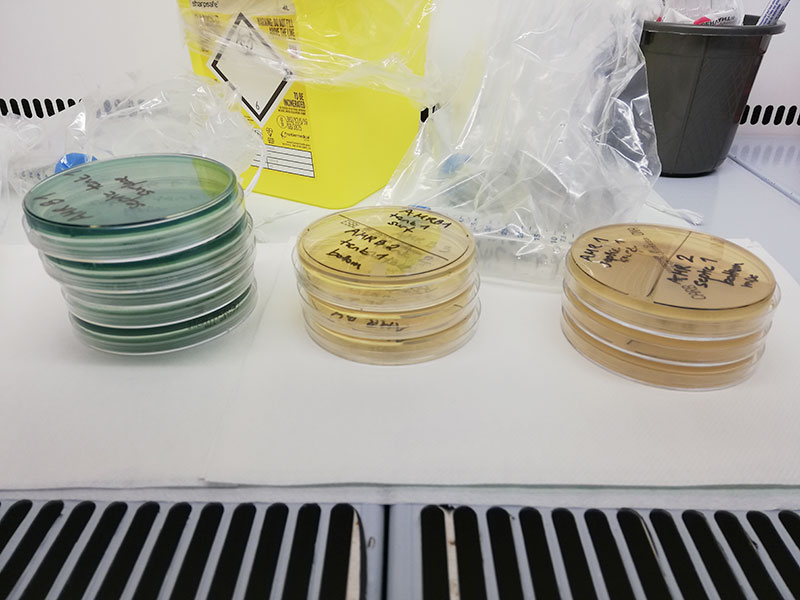This project explores human-microbe relations and in so doing, opens up a novel field for the social study of microbes. 130 years after the discovery of microbes, science is beginning to change its understanding of microbes, redefining them as supportive non-human neighbours whose number vastly exceeds the number of humans on the planet. They are, thus, non-human neighbours par excellence.
Meanwhile, the importance of understanding the complex, changing roles of microbes in society is compounded by the advancement of antimicrobial resistance (AMR). Global health literature poses AMR as the most serious global threat to human health. Yet, social sciences have not engaged in trying to understand these novel human-microbe relations.
Growing interest in microbes in science and society opens new lines for critical analysis. This project aims to develop understanding of new forms of microbial living and create new, interdisciplinary, ideas, and concepts about non-human relations regarding microbes. The analysis will focus on bringing light to three intertwined themes on human-microbial co-existence; governance of microbes; and ethical questions that emerge.






